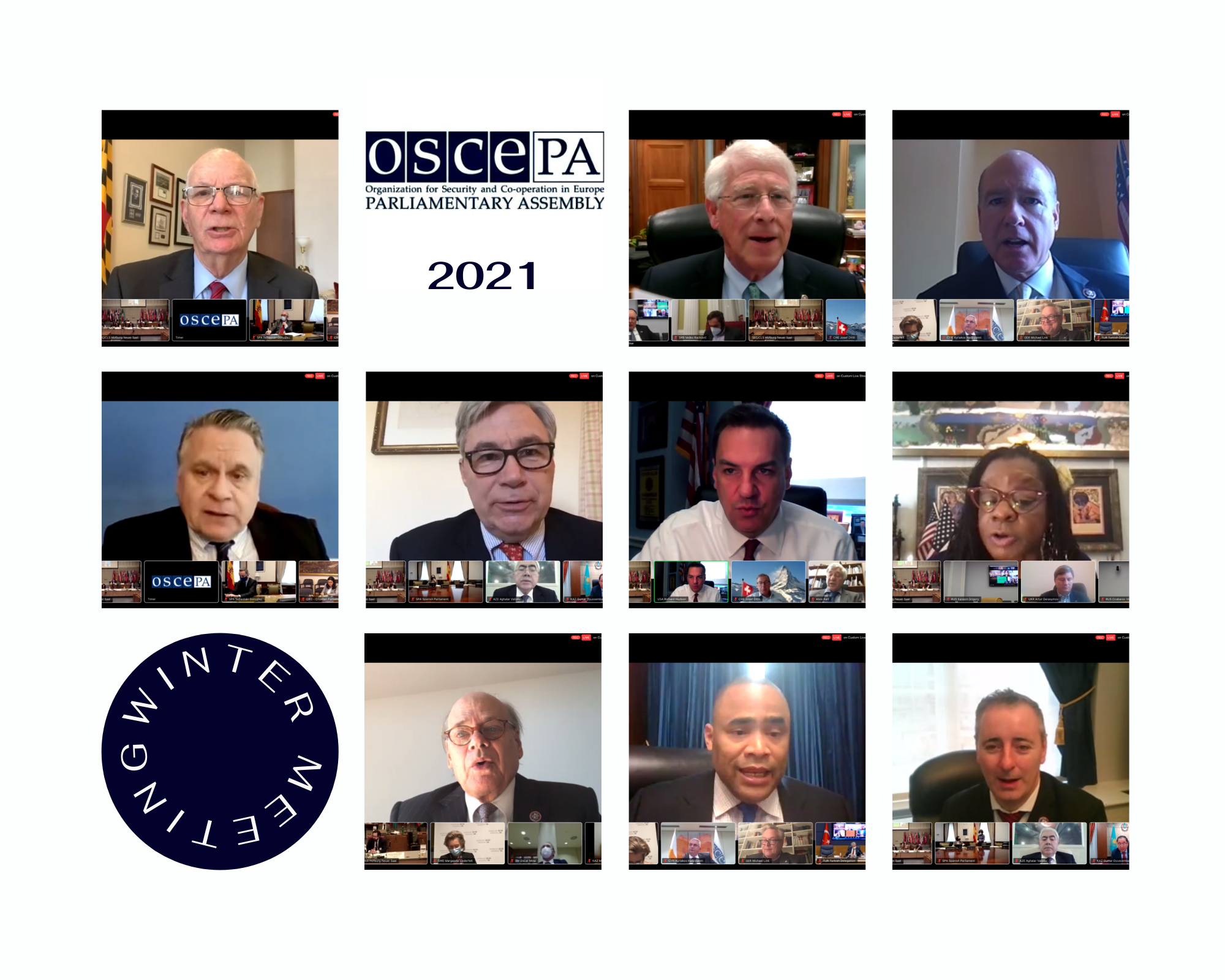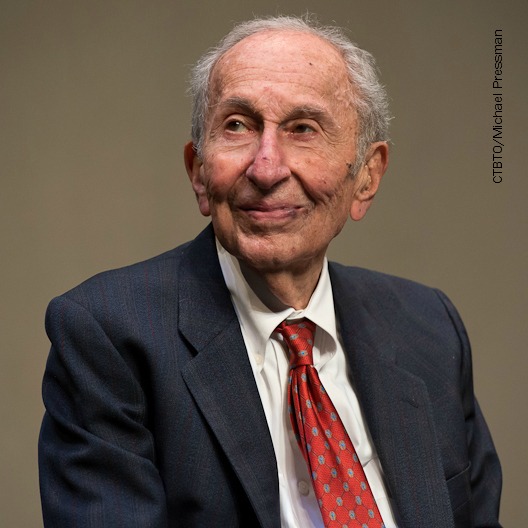In the years following the Helsinki Final Act, a key component of European security was the development of a comprehensive set of confidence- and security-building measures (CSBMs) designed to reduce the risk of conflicts, increase trust among the OSCE participating States, and contribute to greater openness and transparency in the field of military planning and activities.
One of the main CSBMs is the Vienna Document, which requires participating States to exchange information on their military forces, equipment, and defense planning – for example, providing prior notification of troop maneuvers and allowing for the observation of military exercises. The Vienna Document also provides for inspections and evaluation visits that can be conducted on the territory of any participating State that has armed forces. According to the OSCE, on average, participating States undertake 90 inspections and 45 evaluation visits each year.
Helsinki Commissioners have actively promoted OSCE CSBMs through hearings, briefings, and statements, as well as through advocacy at the OSCE Parliamentary Assembly.
Staff Contact: Alex Tiersky, senior policy advisor





